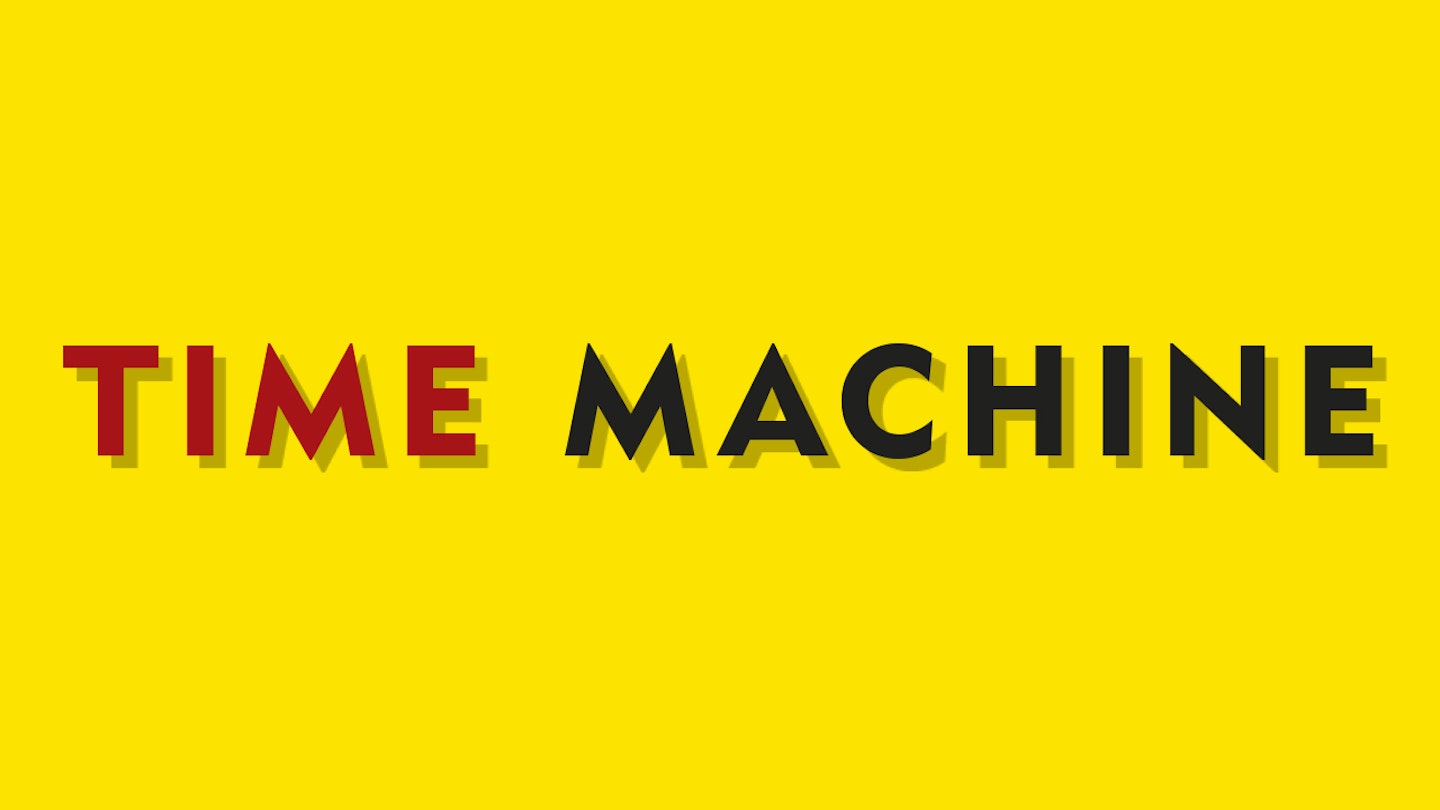19 January, 1985
It wasn’t the first time George Gershwin’s name had figured in the contemporary UK charts: Fun Boy Three had hauled a version of the celebrated composer’s Summertime into the Top 20 during 1982. Even so, Anglo-Scottish sythpop trio Bronski Beat’s number 16 placing for It Ain’t Necessarily So proved something of a surprise, one hailed by the disco crowd and Broadway purists alike.
The track, culled from the band’s debut LP The Age Of Consent, was their third hit in a row. Though it wasn’t apparent to many, the Gershwin song, with its Bible-questioning lyrics by his brother Ira, had a protest background of which the group – strident campaigners for gay equality - surely approved. It was first performed by one John W Bubbles, in the inaugural 124-date run of Gershwin’s opera Porgy And Bess at New York’s Alvin Theatre in 1935. Bubbles, a dancer who had given lessons to Fred Astaire, couldn’t read music and had to be taught the aria through his feet, dancing the accents of the song’s structure. A few years later Porgy And Bess would become a symbol of resistance during the Second World War German occupation of Denmark: when Copenhagen’s Royal Opera House gave the Gershwin folk-opera an airing, the show was declared non-Aryan after just a few sell-out shows and ordered to close. Thereafter, whenever a propaganda broadcast boasted of a Wehrmacht victory, underground networks frequently broke in with a smidgen of It Ain’t Necessarily So.
“Jimmy’s singing was effortlessly fluid, the more remarkable in that he was delivering it on his first album.”
Mike Thorne, Producer
Producer Mike Thorne, who’d shaped albums for Wire, Soft Machine, Soft Cell and others, recalls that Bronski Beat’s recording of the Gershwin classic was, like all the Age Of Consent tracks, started in London and then finished and mixed in New York. Coincidentally, there was a link to John W Bubbles in that a tap dancer, Caroline O’Connor, was employed to provide the rhythm part when recording another track for the album. ”I can’t remember whose idea it was,” says Thorne, “but it won instant control-room approval.” For It Ain’t Necessarily So, he also recalls it being a hot night and the presence of a 20-piece male voice choir known as the Pink Singers. “This was possibly the track which showed off the diverse talents of all concerned,” says Thorne, “starting with Arno Hecht of the Uptown Horns’ clarinet taking the melody at the beginning. Jimmy’s singing was effortlessly fluid, the more remarkable in that he was delivering it on his first album. Steve Bronski’s delicate piano playing was the complete opposite of his physical presence, just as Larry Steinbechek’s nervously aggressive synthesizers belied his nervous personality. As we built up the layers on the piece we realised that we had combined quite an unusual set of elements.”
The Band Were In Danger Of Collapse...
Yet it seemed that the band was already in danger of collapse. Soon after the single’s success, lead singer Jimmy Somerville, whose skyscraping falsetto proved the trio’s ace-in-the-hole, was found guilty of an indecency offence in Hyde Park, resulting in a popular press pillorying. Jimmy’s indiscretions didn’t endear him to his bandmates, and numerous interviews of the time referred the threesome’s incessant arguing. The arrest brought little sympathy from Steinbachek, who commented, “If people go cottaging in the park, they can only expect to be arrested because it’s against the law, isn’t it?” Little wonder that, by the time It Ain’t Necessarily So moved upwards in the chart, the singer was already anticipating a move elsewhere, claiming an inner conflict regarding his devout socialism and the wealth brought about by the group’s success. He’d leave in the summer, but not after one last hurrah – the Bronskis’ duet with Marc Almond on a version of Donna Summer’s I Feel Love would reach number three in May.
These days, Thorne is ensconced in New York, running record label The Stereo Society and currently working a pilot iMax project. Looking back on the Bronski era he says: “I was proud to be part of the effort that made Age Of Consent. The point of most of the songs was inclusive. The band were happily integrated into the full world (sic), unlike some of the others at the time. There was a lot of gay misogyny around at that point, a lesbian version too. Backstage after a Bronski Beat gig, Jimmy would always say hello to my girlfriend Leila, and made sure she was comfortable. This was the natural, outreaching quality, which, for me, underpinned their music making and made it groundbreaking. Certainly the resulting CD remains among the most compelling I have ever made.”
